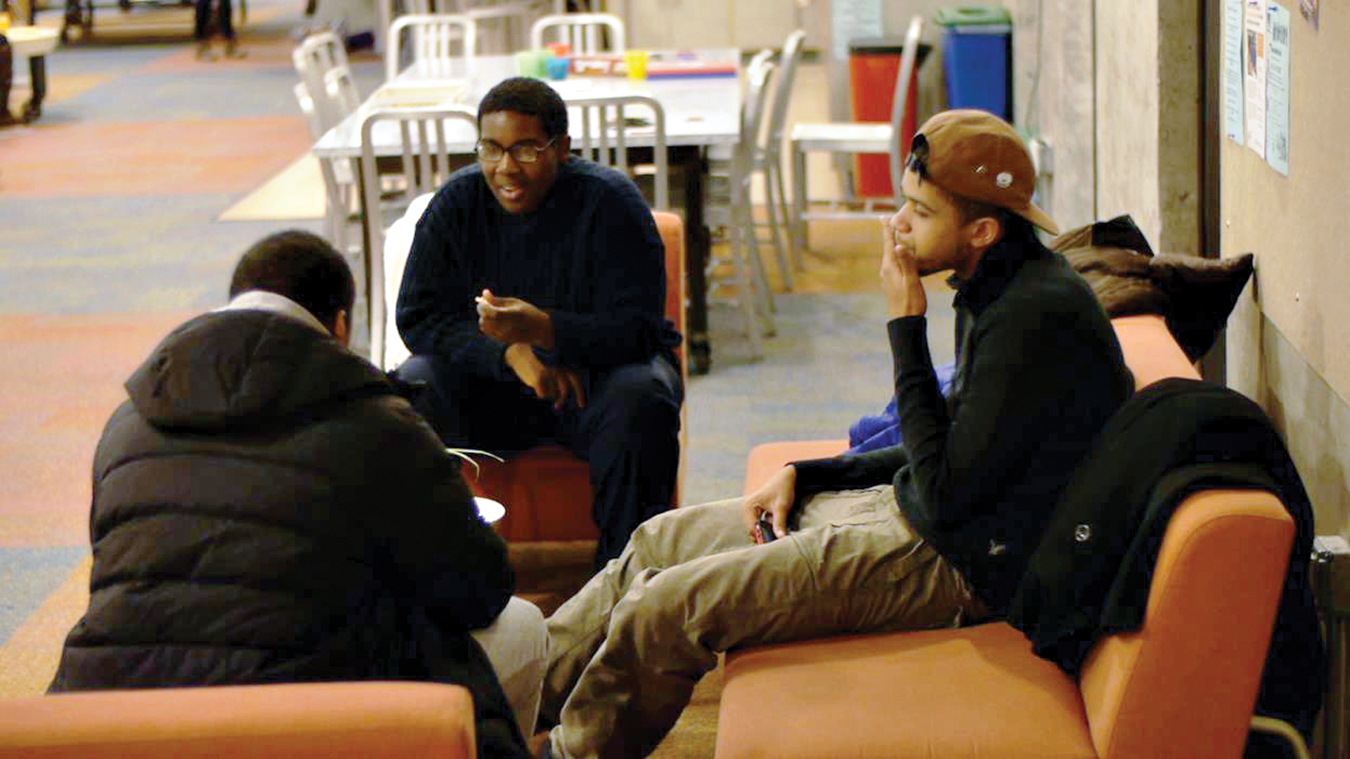Applications
Question 18.1
Read a biography or autobiography that includes information about the person’s thinking from age 18 to 60, paying particular attention to practical, flexible, or dialectical thought. How did personal experiences, education, and ideas affect the person’s thinking?
Question 18.2
Some ethical principles are thought to be universal, respected by people of every culture. Think of one such idea and analyze whether it is accepted by each of the world’s major religions.
Question 18.3
Statistics on changes in students and in colleges are fascinating, but only a few are reported here. Compare your nation, state, or province with another. Analyze the data and discuss causes and implications of differences.
Question 18.4
One way to assess cognitive development during college is to study yourself or your classmates, comparing thoughts and decisions at the beginning and end of college. Since case studies are provocative but not definitive, identify some hypotheses that you might examine and explain how you would do so.
ONLINE CONNECTIONS

To accompany your textbook, you have access to a number of online resources, including Learning Curve, an adaptive quizzing program, critical thinking questions, and case studies. For access to any of these links, go to www.worthpublishers.com/
- Characteristics of Formal Thought. Emerging adults are thinking more analytically. Activities and video clips demonstrate some of the hallmarks of formal and postformal thought.